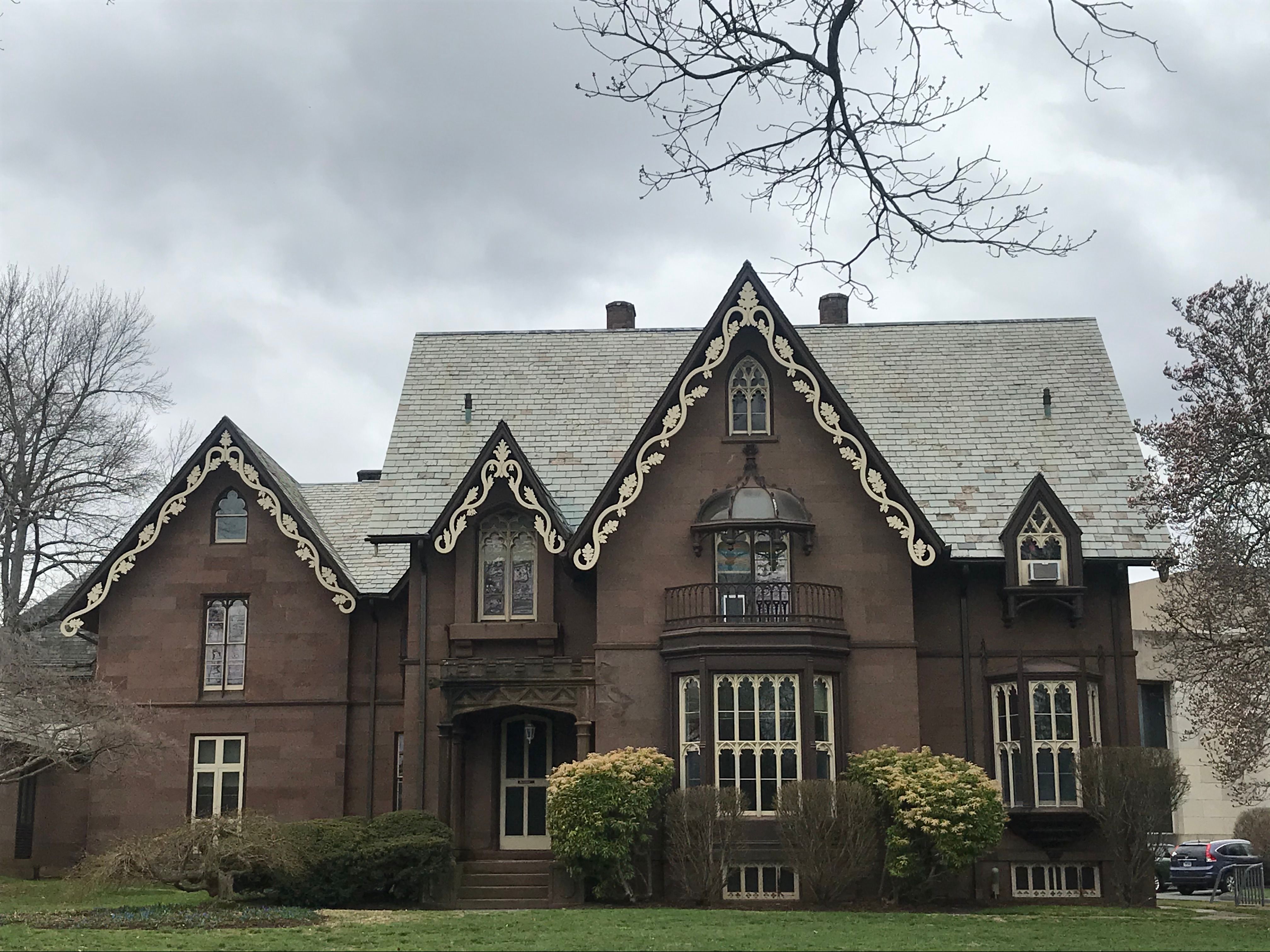
If one thing has remained consistent throughout the University’s first semester back in person, it’s sickness. The virus that has most students coughing and sneezing, however, is not COVID-19. Instead, the campus-specific illness, affectionately dubbed WesPlague, has taken the student body by storm.
Whether it has infected you, your friends, your classmates, or your professors, WesPlague is often less than one degree of separation from everyone in the community. The illness, analogous to the common cold, has raised important questions about the school’s protocols on sickness, the student body and faculty’s reaction to being ill, and, perhaps most importantly, how students and faculty should balance student health and academics.
“[If] somebody has a fever, they should not be going to class,” the University’s Medical Director Dr. Tom McLarney said. “You know? If somebody is coughing their heads off, don’t go into class, because number one, you’re not going to be able to learn anything, and nobody around you is going to be able to learn anything either because you’re going to be disrupting the class.”
McLarney approximated that nearly 60% of the people that have been seen by the health center over the past month have come in with WesPlague. Although the common cold occurs on campus every year, McLarney reported this year has been worse than last year due to the University’s relaxed COVID-19 policies this semester. There has been an increase in student socializing, which has allowed old viruses to reemerge.
“All these other viruses which have always been around forever and ever are now showing themselves,” McLarney said. “These are the common cold viruses, the ones that cause upper respiratory infection, sinus infections, that type of thing.
Even though these are common and often not dangerous sicknesses, Emma Condon ’24 noted that symptoms can still interfere with academics.
“It is definitely hard to balance being sick and keeping up with class and schoolwork,” Condon said. “I don’t want to miss class, but also don’t want to make myself more sick or infect others.”
Chair of the Environmental Studies Department and Professor of Biology Fred Cohan has a solution to stop the spread of the bugs that plague campus. Cohan uses Echo360, a program that allows professors to record lectures.
While this program has many benefits, mainly that students who are sick can still attend lectures, it is not an option for every professor. Cohan proposed other ideas for professors without classroom access to Echo360, such as recording classes over Zoom or even holding classes over Zoom.
According to Cohan, the campus community must change its mindset around sickness, infection, and work.
“I have always been kind of a workaholic,” Cohan said. “If I can possibly schlep myself into my office, into my classroom and work, no matter how bad I’m feeling I would work, that’s just the way I grew up….I never really thought about it before the pandemic, but I do think it’s important for us to change our student ethic and generally our work ethic so that when people are sick, they should be encouraged to stay home.”
To encourage the well-being of their students who may be impacted by WesPlague, professors can restructure office hours, record classes, offer classes on Zoom, facilitate makeup classes, and promote flexibility. Providing flexibility is pertinent not only for the well-being of students, but for the public health of the university.
McLarney added that students should do their best to take care of themselves despite the academic pressures they may feel, especially in the time of COVID-19.
“All the time someone says, should I do this?” McLarney said. “I say, listen to your body. Your body will tell you what you should be doing, what you shouldn’t be doing, and our bodies don’t lie to us in those cases.”
Hadassa Garfein can be reached at hgarfein@wesleyan.edu.
Grace Kuth can be reached at gkuth@wesleyan.edu.



Leave a Reply